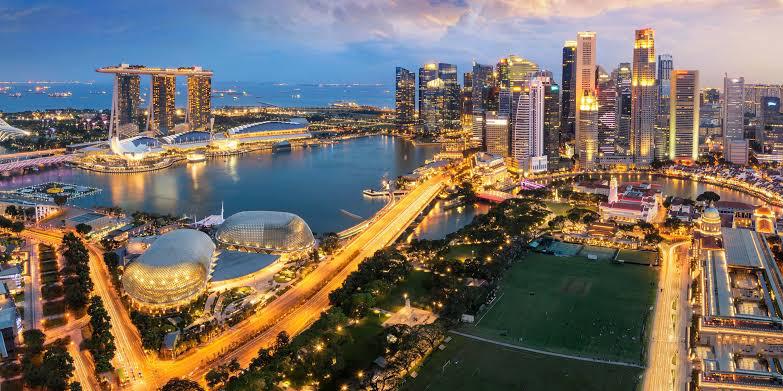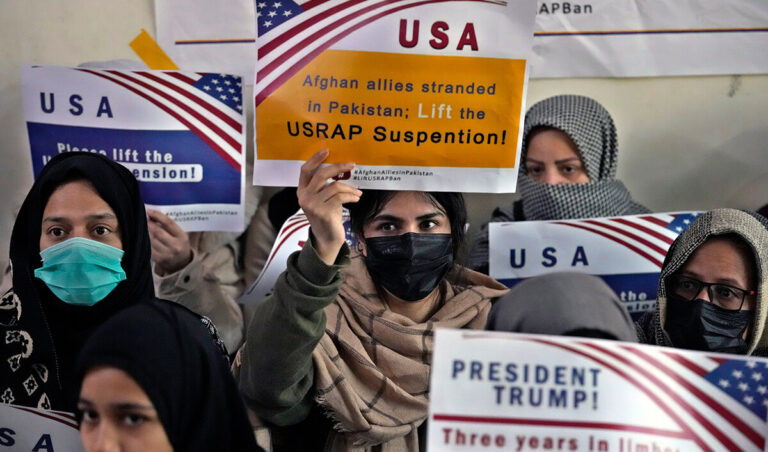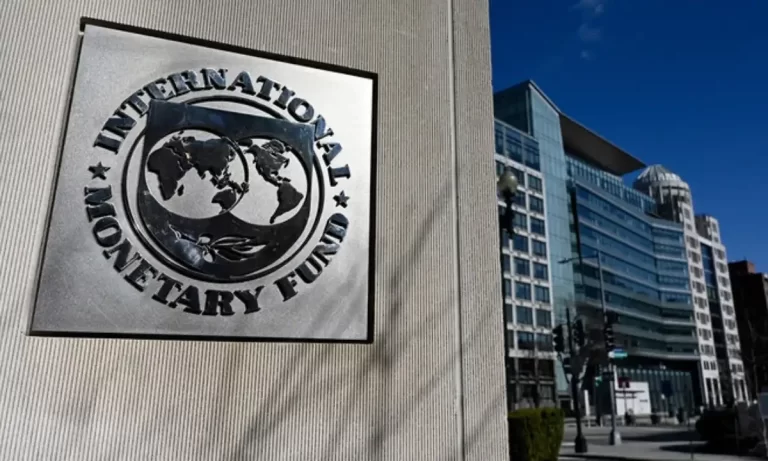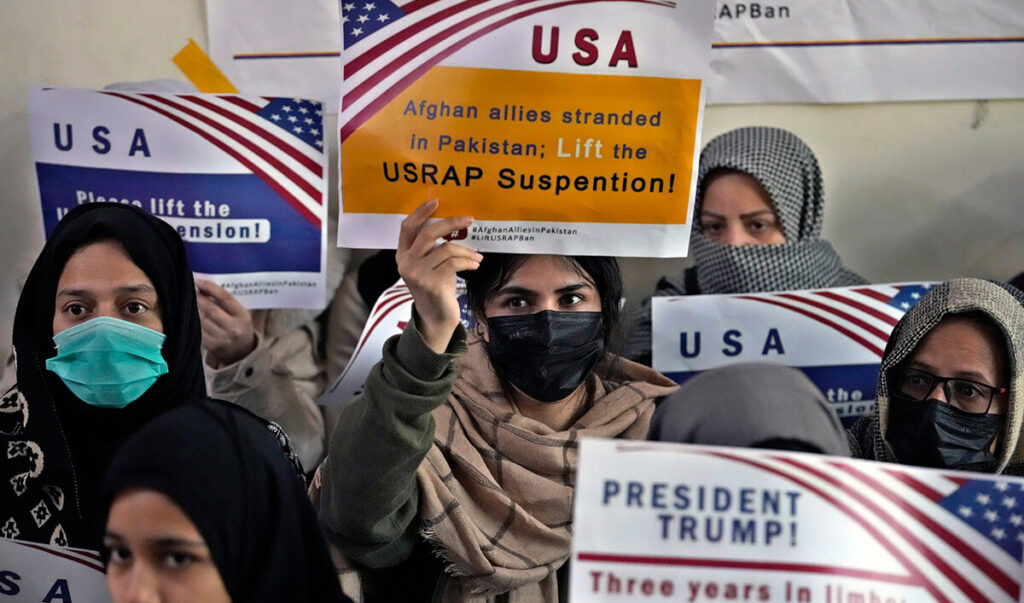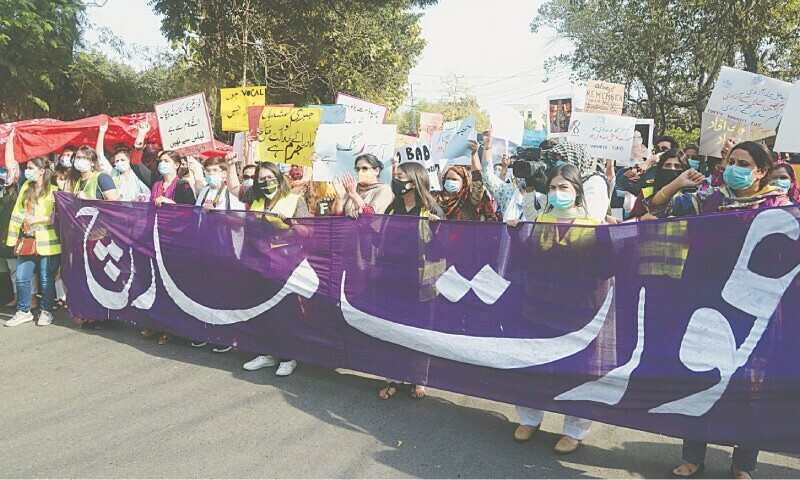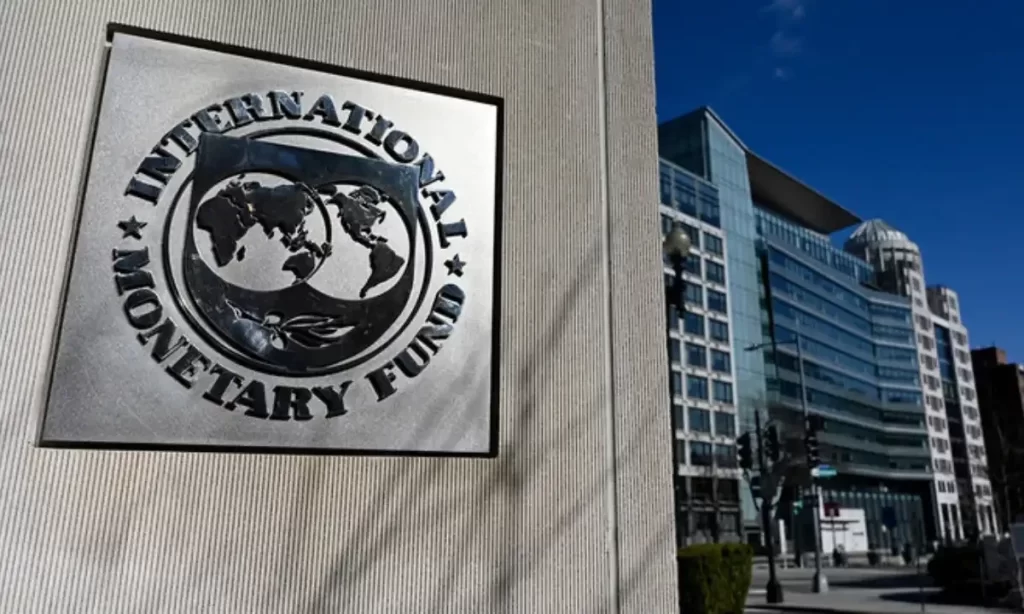Visa-free access to 195 destinations solidifies Singapore’s global mobility dominance.
Singapore has emerged as the holder of the world’s most powerful passport for 2025. The Henley Passport Index ranked Singapore at the top due to its unmatched visa-free or visa-on-arrival access to 195 out of 227 destinations worldwide. This distinction reflects Singapore’s strong diplomatic relations and commitment to enhancing global mobility.
The Henley Passport Index bases its rankings on data from the International Air Transport Association (IATA). It evaluates passports by the number of destinations travelers can visit without obtaining a visa beforehand. This ranking underscores the strategic importance of mobility in today’s interconnected world.
How other countries compare
Japan holds the second spot on the 2025 index. Its passport offers visa-free access to 193 destinations, now including China. Several European countries, along with South Korea, share the third position with access to 192 destinations. Meanwhile, Austria, Ireland, and other Nordic nations rank fourth with 191 destinations.
Interestingly, the United Kingdom stands at fifth place with access to 190 destinations. While still strong, this marks a decline from its previous top spot in 2014. In contrast, the United States has dropped to ninth place, with visa-free access to 186 destinations.
Rising stars and challenges in global mobility
The United Arab Emirates (UAE) remains in the top ten, ranking tenth with 185 visa-free destinations. Its steady rise reflects significant investments in strengthening diplomatic ties globally.
However, not all countries experience such success. Afghanistan remains at the bottom of the list, with its citizens having visa-free access to only 26 destinations. This stark contrast highlights the growing global mobility gap and the concept of “passport privilege.”
The broader impact of passport rankings
The Henley Passport Index has tracked mobility trends for two decades. Over this time, global travel freedom has doubled on average. Yet, the gap between the strongest and weakest passports continues to widen, reflecting persistent inequalities in access.
Singapore’s top ranking is a testament to its diplomatic strength. It provides citizens with unmatched travel opportunities and fosters international exchange. As mobility trends evolve, passport power remains a vital factor in global relations and individual freedoms.

